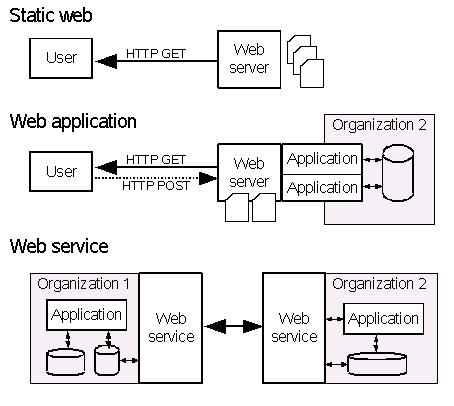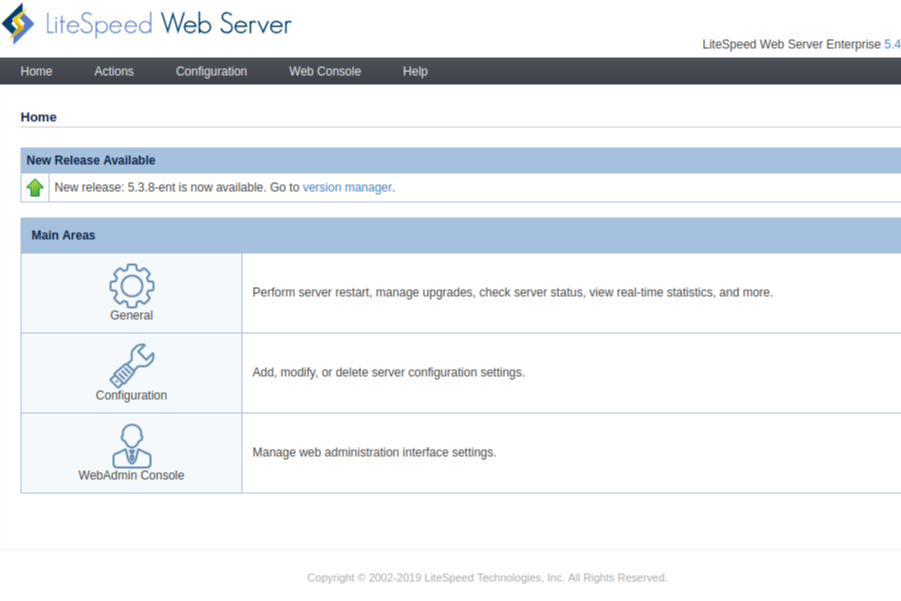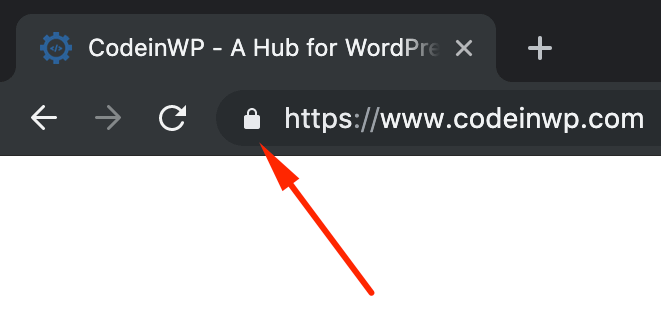
There are several types of web hosting. There are shared hosting, virtual private servers hosting, and dedicated server hosting. Each option has its pros, and cons. It depends on your requirements to determine the best option for hosting your website. Consider dedicated servers if you have a large website and need to store it. If you're just starting out, however, shared hosting may be the best option.
Hosting dedicated servers
Businesses that require a lot power and performance can opt for dedicated server hosting. This server can be customized to your needs and provides a range of features such as administrative control, operational flexibility, and scalability. In addition, dedicated servers provide a high level of support to your business, which is essential when you're growing and need guaranteed performance.

Dedicated server hosting is also very affordable. Dedicated servers are less expensive than shared hosting plans. Your hosting provider's experts will take care of network layer, firewalls, caching software and other technical issues, so you can focus on the development and content of your website. Hosting dedicated servers comes with strong security. Dedicated servers are protected using enterprise-level technology such as redundant power, storage connectivity, and network connectivity.
Virtual private server (VPS) hosting
The virtual private server hosting (VPS) is an alternative option to shared hosting. On a VPS, you have greater control over the settings and website. You will typically have root access to all settings and can make changes. This means that you have more flexibility with the configuration of your website and can make changes without having to worry about affecting other websites.
For testing environments, virtual private servers can be a great choice. Virtual private servers are self-contained so you can run two versions (one live, one for development) of your website from one VPS. This is easier than managing two servers. Updates can be applied quickly. You can also simulate different environments with the same machine. VPS hosting offers another benefit: You can backup your site's files. This is something shared hosting cannot do.
Hosting for shared users
This type of hosting is great for beginners and people who do not have the resources to create a website. This kind of hosting allows you to share a server with many other websites. This can slow down the site and cause system crashes. This can make it hard to run resource-intensive functions when using shared hosting.

One downside to shared hosting? It has very strict restrictions for users. Some of these restrictions restrict your ability to install plugins or apps. Also, you might not be permitted to send emails directly via the server. These restrictions may not apply to you. You can look at other hosting options.
FAQ
What Should I Include in My Portfolio?
These are the things you should include in your portfolio:
-
Examples of your previous work.
-
If applicable, links to your website
-
You can also find links to your blog.
-
These links will take you to social media websites.
-
Here are links to portfolios online of other designers.
-
Any awards you have been given.
-
References.
-
Examples of your work.
-
Links showing how you communicate with clients.
-
You are willing to learn new technologies.
-
These links show that you are flexible.
-
Links that show your personality
-
Videos showing your skills.
What technical skills do I need to design and construct my site?
No. All you need to understand HTML and CSS. Tutorials that teach HTML and CSS can be easily found online.
Is WordPress a CMS?
The answer is yes. It's a Content Management System. A CMS allows you to manage your website content from within a web browser instead of using an application such as Dreamweaver or Frontpage.
The best part about WordPress is that it's free! Hosting is all you need, and it's usually free.
WordPress was initially created as a blogging platform, but it now offers many other options such as eCommerce sites, forums and membership websites. Portfolios are also available.
WordPress is easy to install and set up. The installation file must be downloaded from the website and uploaded to your server. Simply visit the domain name from your web browser, and then log in to the new site.
After installing WordPress, register for a username/password. Once you log in you'll be able access all your settings via a dashboard.
This is where you can add pages or posts, images and links to them. If editing and creating new content is easier for you, skip this step.
However, if you prefer to work with someone else, you can hire a professional web designer to handle the whole process.
Statistics
- In fact, according to Color Matters, a signature color can boost brand recognition by 80%. There's a lot of psychology behind people's perception of color, so it's important to understand how it's used with your industry. (websitebuilderexpert.com)
- It enables you to sell your music directly on your website and keep 100% of the profits. (wix.com)
- Did you know videos can boost organic search traffic to your website by 157%? (wix.com)
- At this point, it's important to note that just because a web trend is current, it doesn't mean it's necessarily right for you.48% of people cite design as the most important factor of a website, (websitebuilderexpert.com)
- It's estimated that chatbots could reduce this by 30%. Gone are the days when chatbots were mere gimmicks – now, they're becoming ever more essential to customer-facing services. (websitebuilderexpert.com)
External Links
How To
What is website hosting?
Website hosting refers to where people go when they visit a website. There are two types of website hosting:
-
Shared hosting - This is the cheapest option. Your website files are stored on a server that is owned by another person. When customers visit your site, their requests travel over the Internet to that server. You then receive the request from the owner of the server.
-
Dedicated hosting: This is the most costly option. Your website resides entirely on one server. You and your traffic are protected by the fact that no other websites share server space.
Because it is less expensive than dedicated hosting, shared hosting is preferred by many businesses. The company hosting the server will provide the resources necessary to manage your website.
However, both have their advantages and disadvantages. Here are the main differences between them:
The pros of shared hosting:
-
Lower Cost
-
Easy To Set Up
-
Frequent Updates
-
It is possible to find it on many web hosting companies
You can get shared hosting for as low as $10 per monthly. However, this price typically includes bandwidth. Bandwidth refers to the amount of data you can transfer across the Internet. Even if only you upload photos to your blog or website, high-volume data transfers may incur additional charges.
Once you start, you'll quickly realize why you were paying so much for your previous host. Most shared hosts have very poor customer support. You'll be on your way after they walk you through setting it up.
You'll want to look into a provider that offers 24-hour phone support. They will attend to any issues you have while you sleep.
Cons of dedicated hosting
-
More Expensive
-
Less common
-
Requires Special Skills
With dedicated hosting, everything you need for your website is at your fingertips. You won't have worry about whether your website is using enough bandwidth, or whether it has enough RAM (random-access memory).
This means you will need to spend more upfront. However, once you start running your business online, you'll find that you won't need much technical assistance. You'll soon be an expert at managing servers.
Which Is Better For My Business:
The answer will depend on the type and purpose of your website. Shared hosting might be best if you just want to sell products. It's easy to set up and maintain. Because you share a server, you will most likely receive frequent updates.
However, dedicated web hosting is the best way to build a community around you brand. You can put your efforts into building your brand, and not worry about how to handle your traffic.
If you're looking for a web host that offers both options, we recommend Bluehost.com. Bluehost.com offers unlimited monthly data transfers, 24/7 customer support, domain registrations free of charge, and a 30-day guarantee for your money back.